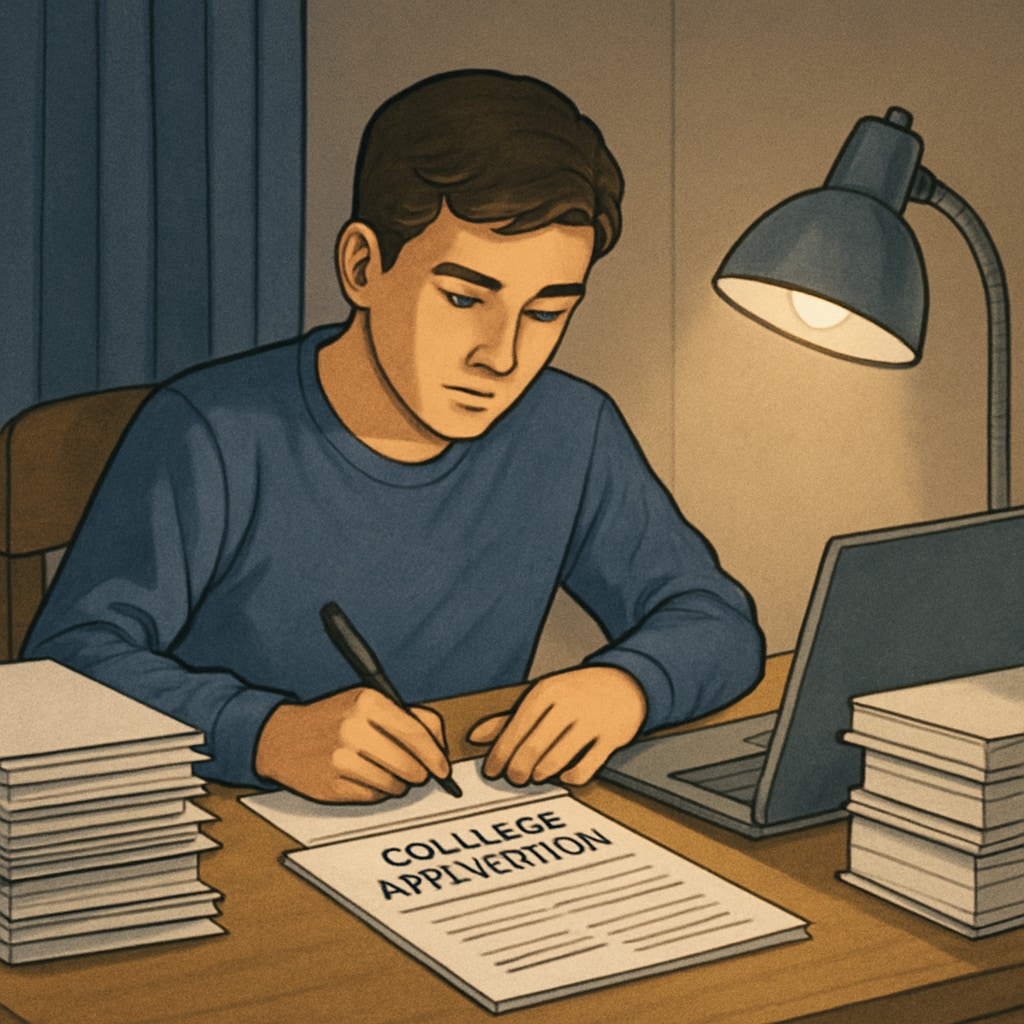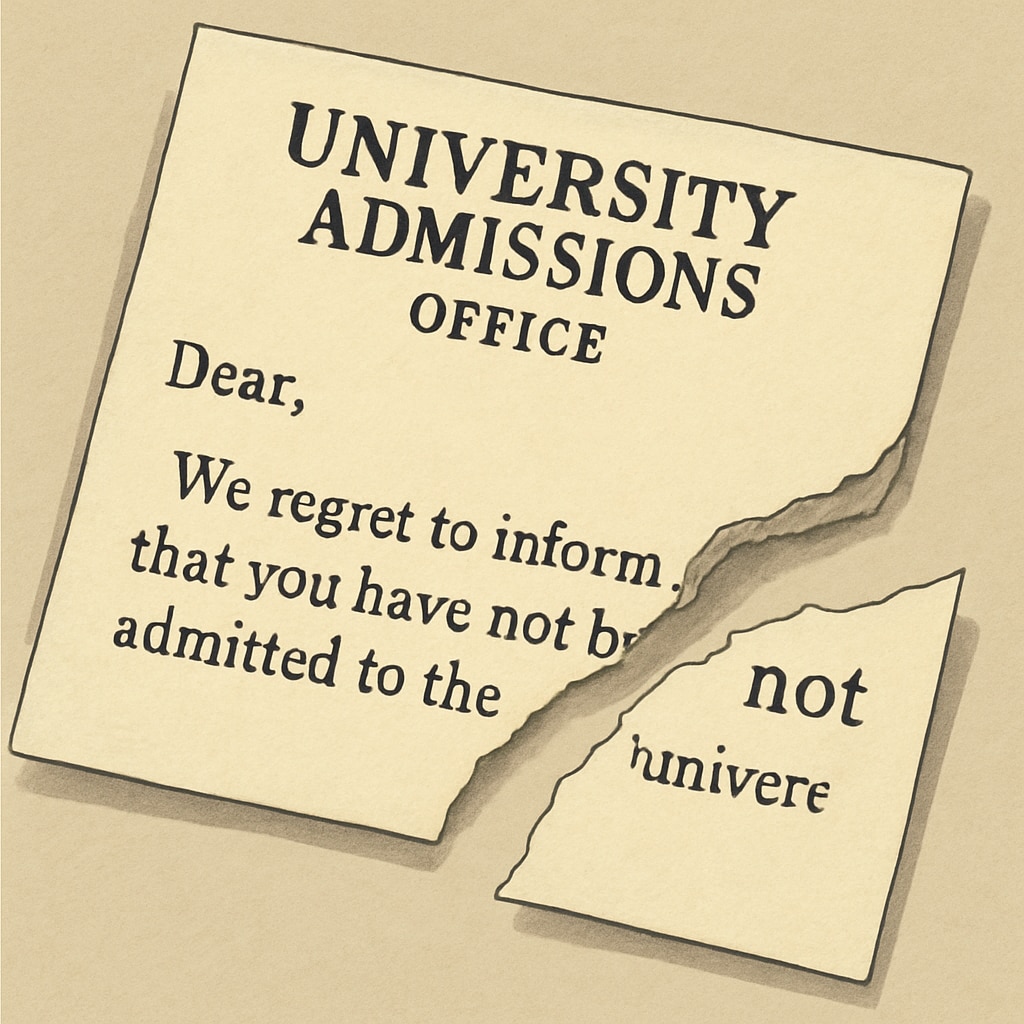College application, deception, and consequences form a critical triad every student must understand before submitting their materials. A 2021 National Association for College Admission Counseling report revealed that 23% of admissions officers encounter falsified information annually.

The Thin Line Between Enhancement and Fraud
Common misrepresentations include:
- Inflating extracurricular leadership roles
- Fabricating community service hours
- Plagiarizing or ghostwriting essays
As noted by Inside Higher Ed’s 2019 survey, such practices have increased by 18% since 2015.
Immediate Academic Repercussions
Discovered falsifications trigger:
- Automatic application rejection
- Revocation of acceptances (even post-enrollment)
- Blacklisting from other institutions

Long-Term Career Implications
The Ethics & Compliance Initiative found that 72% of employers rescind job offers upon discovering academic dishonesty. Professional licensures in fields like law and medicine often require full disclosure of educational records.
Key takeaways:
– Admissions committees increasingly use verification services
– Consequences extend beyond academia into professional life
– Ethical decision-making builds character for future challenges


